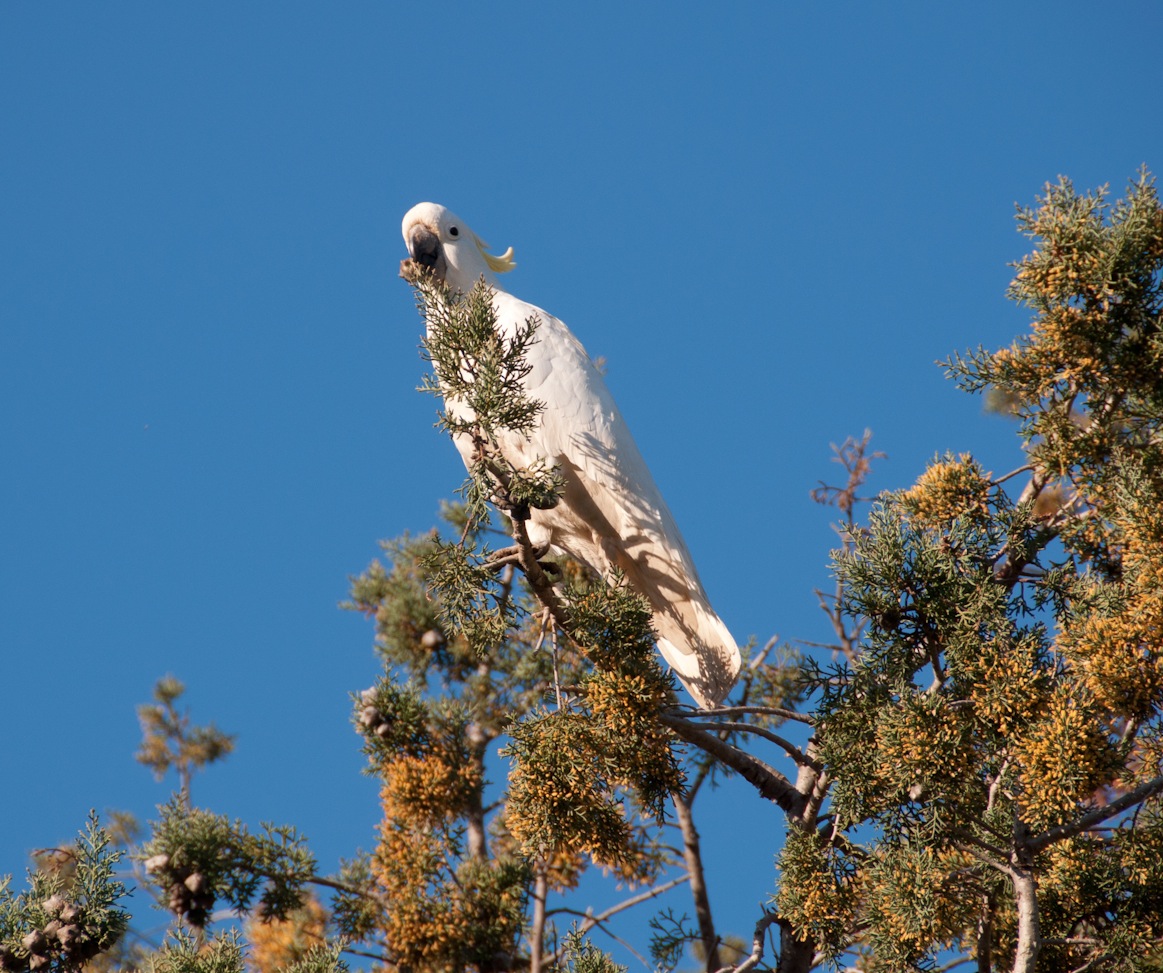Australia needs to make overseas-trained doctors feel welcome, RDAA says
A new advocacy group for overseas-trained doctors is on the horizon as the federal government moves to wind down medical immigration.
The move by the Rural Doctors Association of Australian also comes as foreign-born medical professionals in the United States are being buffeted by uncertainty about their security.
Overseas trained doctors (OTDs) account for more than 50% of the medical workforce in many parts of regional, rural and remote Australia, thanks to a program offering working visas for doctors prepared to spend up to 10 years in underserviced areas.
Despite the government’s stated shift away from medical immigration to greater reliance on domestically trained doctors, OTDs would still carry a heavy load for Australians’ health, RDAA President Dr Ewen McPhee told The Medical Republic.
“We need to be absolutely clear that we rely on overseas-trained doctors and will do so for a long time to come,” Dr McPhee said. “They deserve a voice and our support.”
The RDAA’s special-interest group would help give OTDs a voice on key issues affecting them, he said.
It would also guide RDAA support on issues such as access to training, education, support and Medicare policy such as 19AB exemptions.
“The reality is that if we did not have these OTDs, there would be numerous towns and communities across Australia suffering without a local medical service,”
“With the far-flung nature of our country, there are many cases where having to travel to see a doctor would require either hours in a car or ambulance, or a plane evacuation for more urgent medical attention.”
Retention and recruitment of the rural medical workforce would remain a problem despite the policy moves to move reliance to domestic graduates, he said.
At a time when foreign-born doctors had been treated as a political “football” in the United States, multicultural Australia needed to stand up for immigrant doctors, Dr McPhee added.
He offered thanks to all OTDs who served rural and remote communities and developed a place within them, acknowledging their pay and employment conditions could be difficult.
“I know first-hand of the many communities that value your work and appreciate your dedication to their health and well-being, as well your contribution to the vibrancy that cultural diversity brings to our lives.”
He invited them to “join their state RDA and get involved”.


